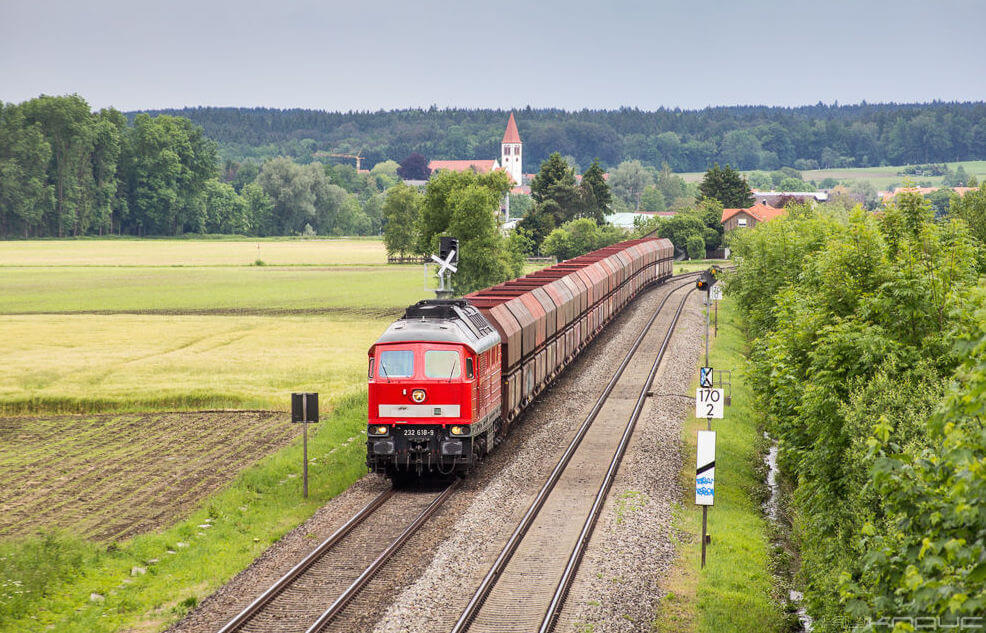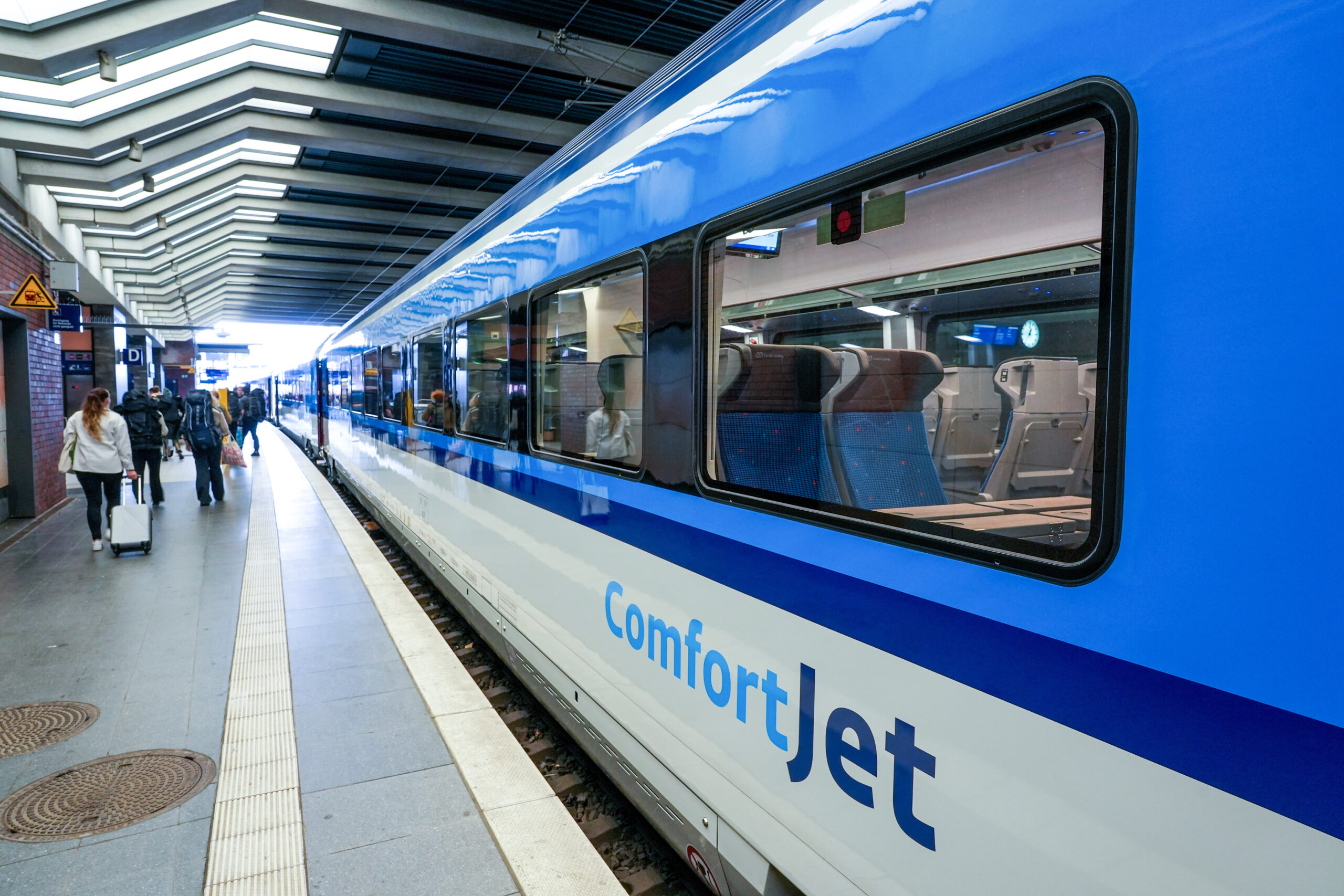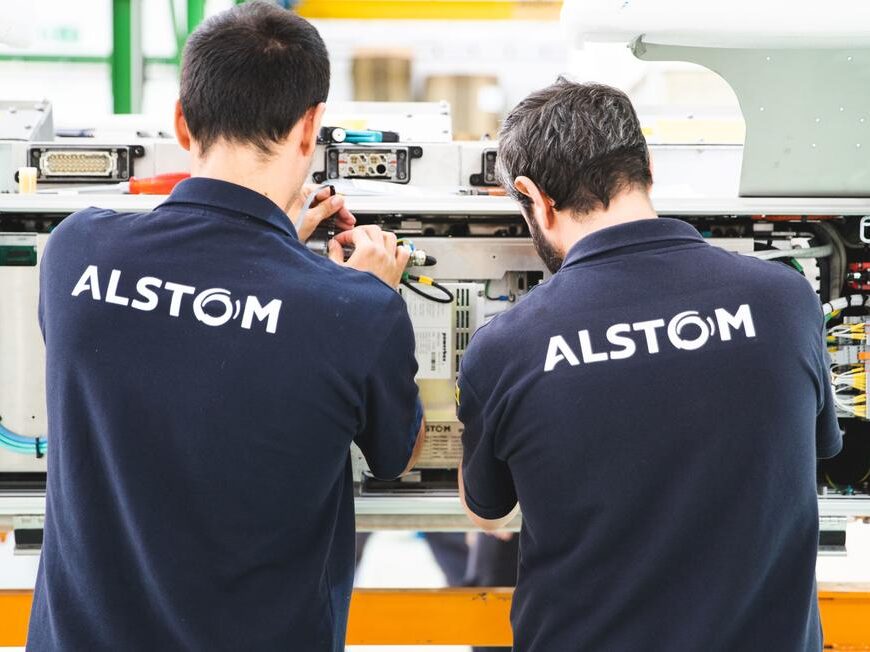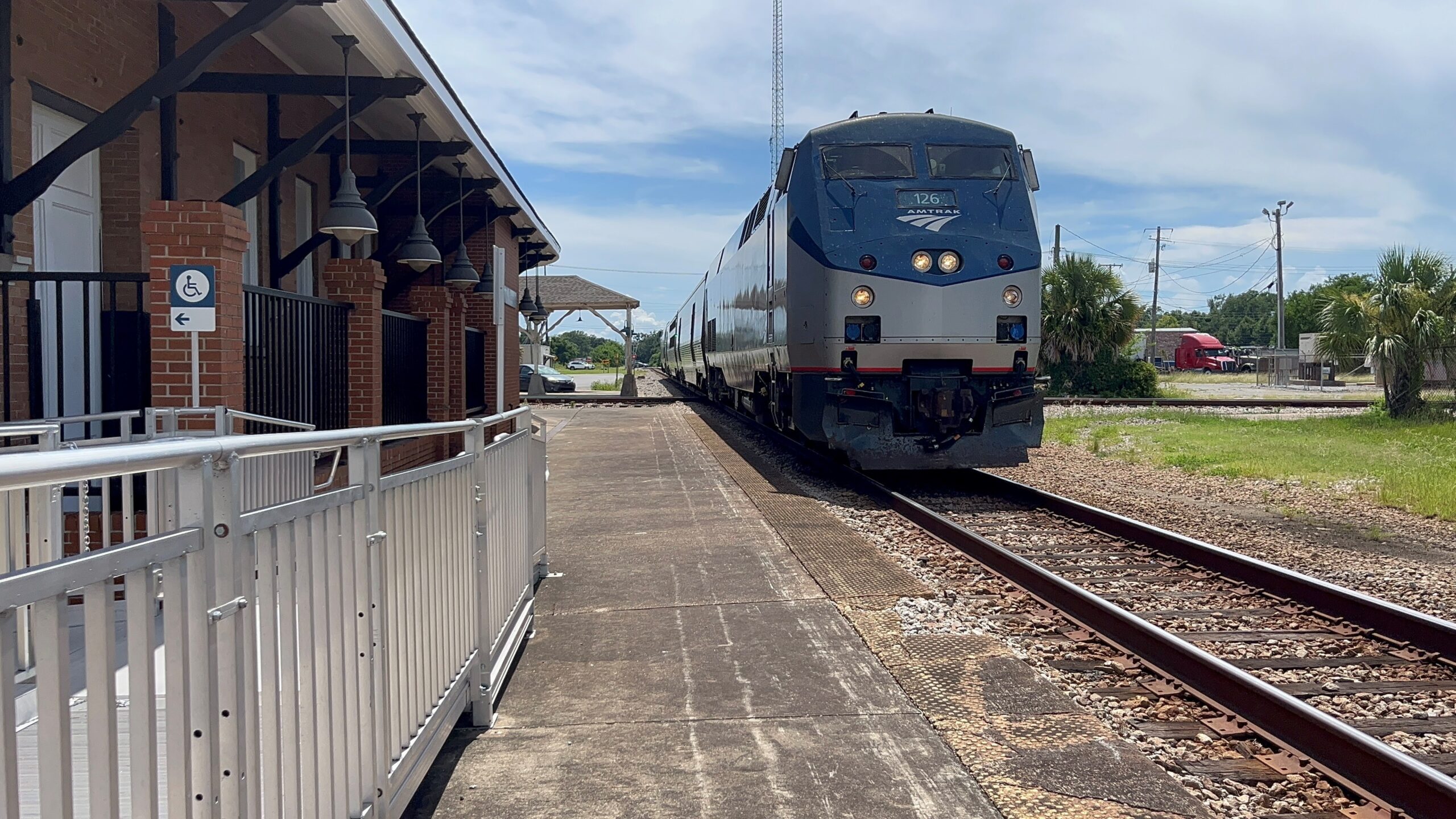As reported on Friday by the German Federal Office of Statistics, the volume of freight being transported continued to grow in 2016, with transported goods amounting to 4.6 billion tonnes. Road freight transport profited most from this development, enjoying growth of 1.5% over the previous year.
In contrast, rail freight is declining, with transport volumes falling by 1.6% to around 361.3 million tonnes. Based on these figures, the German Pro-Rail Alliance has calculated that rail freight transport had a market share of 17.6% in 2016, down from 18%.
Managing director of the Pro-Rail Alliance, Dirk Flege, on Friday in Berlin said:
“Rail freight transport is increasingly becoming a big worry for policy makers”
“With the publication of the official statistics, the federal government has today been given a painful reminder of where its HGV-friendly policies will lead.”
Flege calculated that goods trains in Switzerland already have a market share of 42 percent, and 30 percent in Austria, adding:
“Germany’s policies on shifting transport mode are going the wrong way: from the railways onto the roads. With regards to our targets on the environment and the climate, this is going to be a high-speed crash.”
The Pro-Rail Alliance managing director warned the federal government against trying to shirk its responsibility by using cheap clichés to blame the management of the rail freight transport companies.
“The framework conditions for rail freight transport in Germany are devastating: lower road charges for heavy goods vehicles, increasing track access charges for rail operators, higher taxes on rail traction current and increasing EEG renewable energy levies on goods trains have completely distorted the pricing structure, to the detriment of the railways”
In addition, politicians are continuing to subsidise diesel fuel, which has been sinking in price for years.
“The environment and climate friendly railways are having to fight market conditions that are becoming ever more difficult, even though they urgently need the freedom to develop and introduce promising innovations.”
Original Article © Pro-Rail Alliance, based on figures from the German Federal Statistics Office and Austrian Statistics Office and the quoted forecasts.




















